Lance is a former military man who has learned a lot about war, the classical world, and the possible bridge we should build between vitalist men and Christian men. The conversation was a lot of fun and I think that you will learn a lot from Lance!
Links to Lance’s materials:
Twitter: @LancesLegion
Substack:
Publishing outfit: DVX Publishing Company
Here are the questions that I sent Lance before we spoke:
1) Introduction to Lance Legion--who are you (not asking for dox, etc, but whatever you want to say) and what is the purpose of your project?
2) You have said that you prefer the Romans over the Greeks; why is that?
3) Let's talk about a Grek man of power: Agamemnon. We will rehabilitate this great man's reputation!
4) Let's talk about a Roman man of power: Julius Caesar. I know that you have done a lot of work on him, so maybe you could walk through a couple of moments / aphorisms that you find especially powerful or illuminating.
5) I know that you discussed this with our mutual Ancient Gardener on your show, but I wonder if we could discuss the Vitalist / Christian synthesis question a little bit.
Previous Classical Conversations:
Jeremy Carl on Hungary, right wing environmentalism, immigration, and Christian nationalism.
Space Age Maximalist on engineers as aristocrats of the future, technological optimism, and how to merge scientific and humanistic thinking.
William Wheelwright on agriculture preceding culture, a vision for a new school, and Homer’s Iliad.
Phocaean Dionsyius on Aristocratical Christianity (our second conversation on this)
David Azerrad on the American founding, a diagnostic account of the contemporary situation, and thoughts about how to move forward.





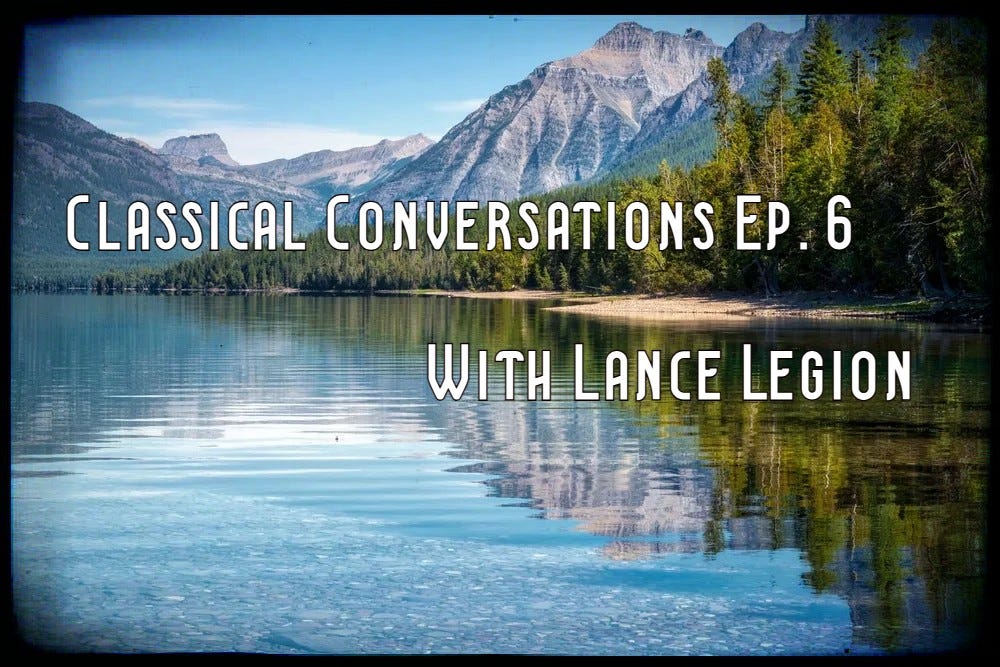


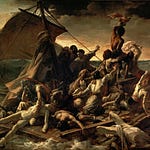

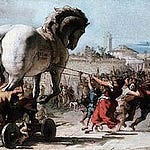


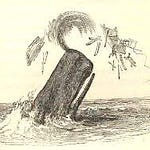
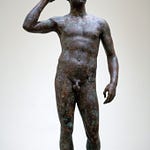
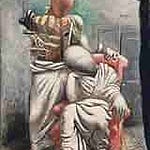
Share this post